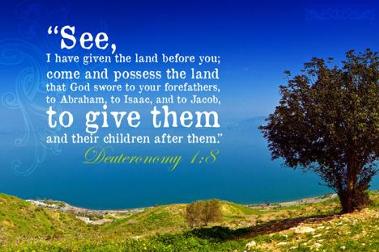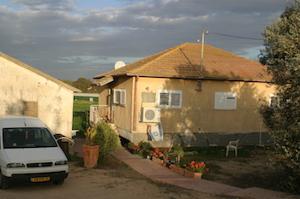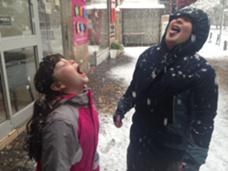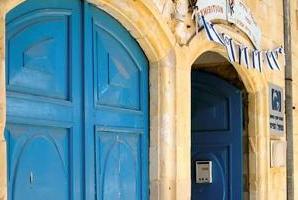Ki Tavo: When You Enter the Land...
In this piece by Leon Weissberg, he explores the meaning of this week's Torah portion and its relevance to our lives today.
By Leon Weissberg
The intensity of the text is growing to a crescendo.
Moses is nearing the end of his 36 day discourse to the new Israelites as they are about to enter The Land. The blessings and curses are restated as well as some new commandments. Most dramatically is a repetition of the idea of the Promised Land.
“And He brought us to this place and He gave us this land, a land flowing with milk and honey.” (Deut 26:9)
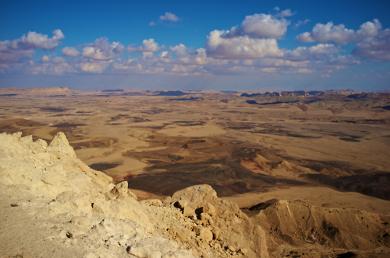
One of the essential elements that we must recognize is the fact that this “land” is to become Israel.
The very idea of Israel is tied to the essential concept we call Zionism.
The Talmud notes an unusual edict issued by Ezra the scribe at the very beginning of the Second Temple Era. He prescribed that the Torah portion of Ki Tavo (Deut 26:1 – 29:8) be read each year before Rosh Hashana. Thus, as we read Ki Tavo this year, Rosh HaShana is exactly 10 days away.
The main reason for Ezra’s edict is because Ki Tavo is most well-known for its severe and over-the-top description of the curses the Jews might experience if they abandon God. It is an unremitting and blood-curdling read that is thoroughly un-enjoyable, especially for students of the Holocaust and the other atrocities that litter our history.
Many communities read the curses swiftly and in low voices to get them over with, a custom whose origin is ascribed to the Jerusalem Talmud. Ezra’s sense was: let’s finish the year with the curses and not carry them over to the New Year.
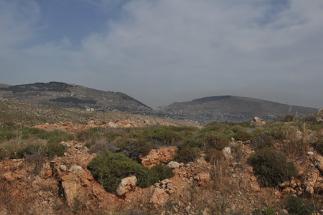
Mount Ebal, the mountain of curses, and Mount Gerizim, the mountain of blessings
The Israelites are commanded to plaster the sides of two mountains with the words of the Torah.
Everyone is to enter the Promised Land by passing between these writings- seeing the blessings & curses.
This is the monument the Israelites are told to prepare as they are about to enter their new land.
No Romanesque arches, no towers to the great conquerors, no great carving of Moses, no statues to the generals or tribal leaders - just the Divine words of the Torah on the sides of a mountain. What a monument -The Moral Code of Life!
The fact that you are reading this is indicative of your connection to Judaism. In light of the blessings and the curses may this Shabbat hold as a reminder that you have chosen to follow the blessings and identify with who you are as well as your connection to Israel.
We need to thank God and our tenacity for all that we have - and not only focus on our agreements or disagreements with governments - as we offer a prayer for our country that God may guide “those who lead us to administer the affairs of state fairly.”


